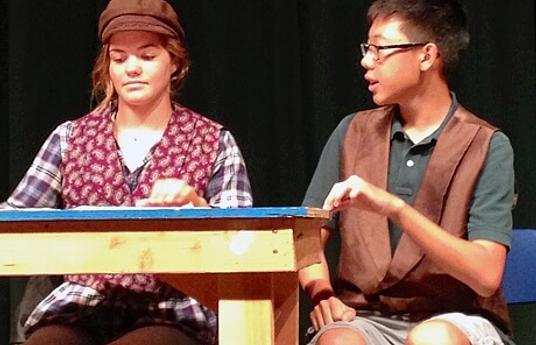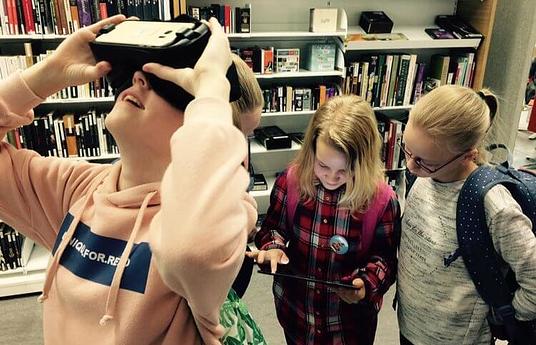Creative writing isn’t just a skill for students gifted at literature and writing – it’s an important storytelling tool for all children and teaches them how to communicate through the written word. This is useful for essay-based assessments, university and job applications, and communicating online.
The power of storytelling is also an incredibly democratising opportunity, as in a story it doesn’t matter who you are or where you come from – anything can happen thanks to the magic of your imagination. It can open up worlds, be a way to express yourself and to process what’s happening in the world around you.
Ready to get your students and kids excited about writing? Here’s the tools you need to know about:
Tackling motivation issues is at the heart of The Night Zookeeper, an interactive gaming platform that has been designed from a child’s point of view to incentivise children to get writing!
The Night Zookeeper started as a simple story about magical animals and has since grown into a huge learning platform and game, where children are encouraged to write and play their way through the world – all the while improving their literacy, writing and storytelling skills. The interactive programme can be used by both teachers and parents to keep track of the child’s written work and teachers can make use of the interactive lesson plans included. There’s also in-built assessment trackers so teachers can easily see how a student has progressed throughout the year.
Want to know how to introduce gamified learning to get kids writing? Head to Night Zookeeper’s page.
It can be difficult for teachers to find the right literacy resources and even more difficult to then get every child in the classroom motivated to write. That’s where Pobble comes in. Pobble provides teachers with a wealth of teaching resources and writing samples, and their global reach means students can read and interact with other children’s writing from around the world.
Being published on the Pobble site motivates children and gives them a reason to write. Receiving positive feedback from other kids means they are reaffirmed and encouraged to keep writing – no matter their skill level in a traditional literacy setting.
To get started, Pobble provide a school starter kit which includes a school action plan, staff training information and writing workshops for students. If you want to hear what it’s like from a teacher’s point of view – read our teacher testimonial.
Ready to turn every child into a published writer? Find out how on the Pobble page and watch a short intro below.
Head to Hawaii if you want to find a way to revitalize humanities subjects and inject some critical thinking into a creative writing activity. Ten Minute Plays was conceived of by a Hawaiian teacher to engage her students in characters from history. When learning about the American Revolution students collaborated to create their own short plays about key figures from the historical era.
The approach sees students researching into how to create an engaging play by exploring other students’ plays and then learning about a period of history. Students choose a key historical figure to focus on and then collaborate with other students to come up with a story and to create a script that includes all their characters and knowledge. The plays are then rehearsed and performed to younger students who are also learning about the same period in history.
Not only do students get experience in script-writing, they continue to build their academic writing skills too by accompanying their play with a research paper on the subject and key figure they’ve each chosen.
Ready to put on a show? Find out more about 10 Minute Plays.




